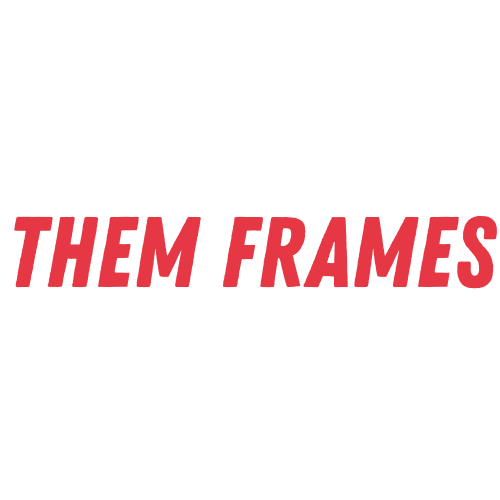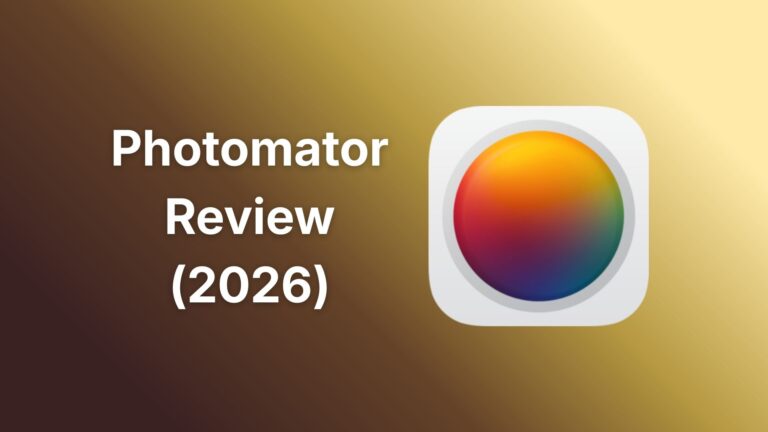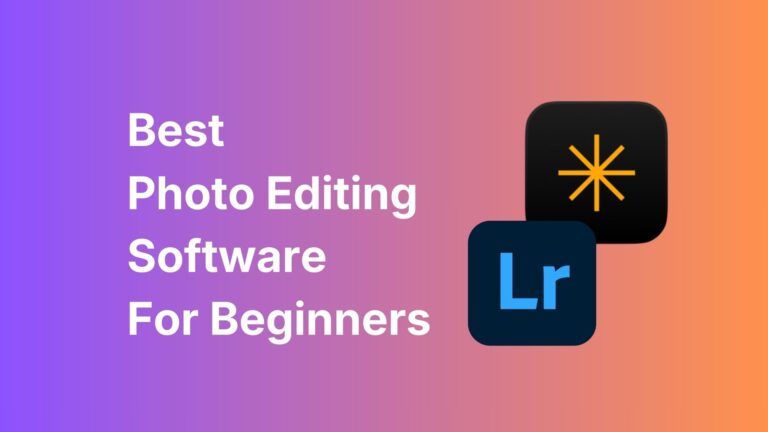
Photo by Annie Spratt.
The link between photography and mental health has been around forever. The difference between the past and the present is that more photographers feel comfortable sharing how photography impacts their mental health. In this article, we look at eight benefits the art form can have on your state of mind.
Key takeaways
-
Practicing photography is known to help you be more mindful which in turn can reduce stress.
-
Consuming photography can be equally beneficial for helping you manage your mental health.
-
Photography can help you manage and process life experiences, thus minimizing the pressure they put on your mental health.
Why taking photos can actually improve your mental health
Having a skill helps boost your self esteem. The better you feel about yourself the happier and stable your mind tends to be. Photography is also a creative process, and creativity is known to reduce anxiety and uplift your mood.
These benefits can positively impact your all round mental health. Here is a snapshot of the eight benefits that connect photography and mental health.
-
Promotes mindfulness
-
Helps reduce stress
-
Gives you a creative voice
-
Encourages physical activity
-
Provides social connection
-
Gives you purpose in life
-
Allows you to process emotions
-
Helps you manage life
Sign up for a free trial and build a professional photography website using FORMAT.
Looking at photography and mental health
We’re not doctors here at Them Frames. Anything written in this article is not medical advice, it’s anecdotal evidence of the relationship between photography and mental health.
There’s no doubt photography (and art) can help lift our mood. It can also help us process certain emotions and understand out state of mind – just as Gabriel Isak explained in this interview.
I have also turned to photography many times to get me through depression and to overcome anxiety. Hopefully photography can help you too. Let’s take a look at the eight benefits.
Promotes mindfulness
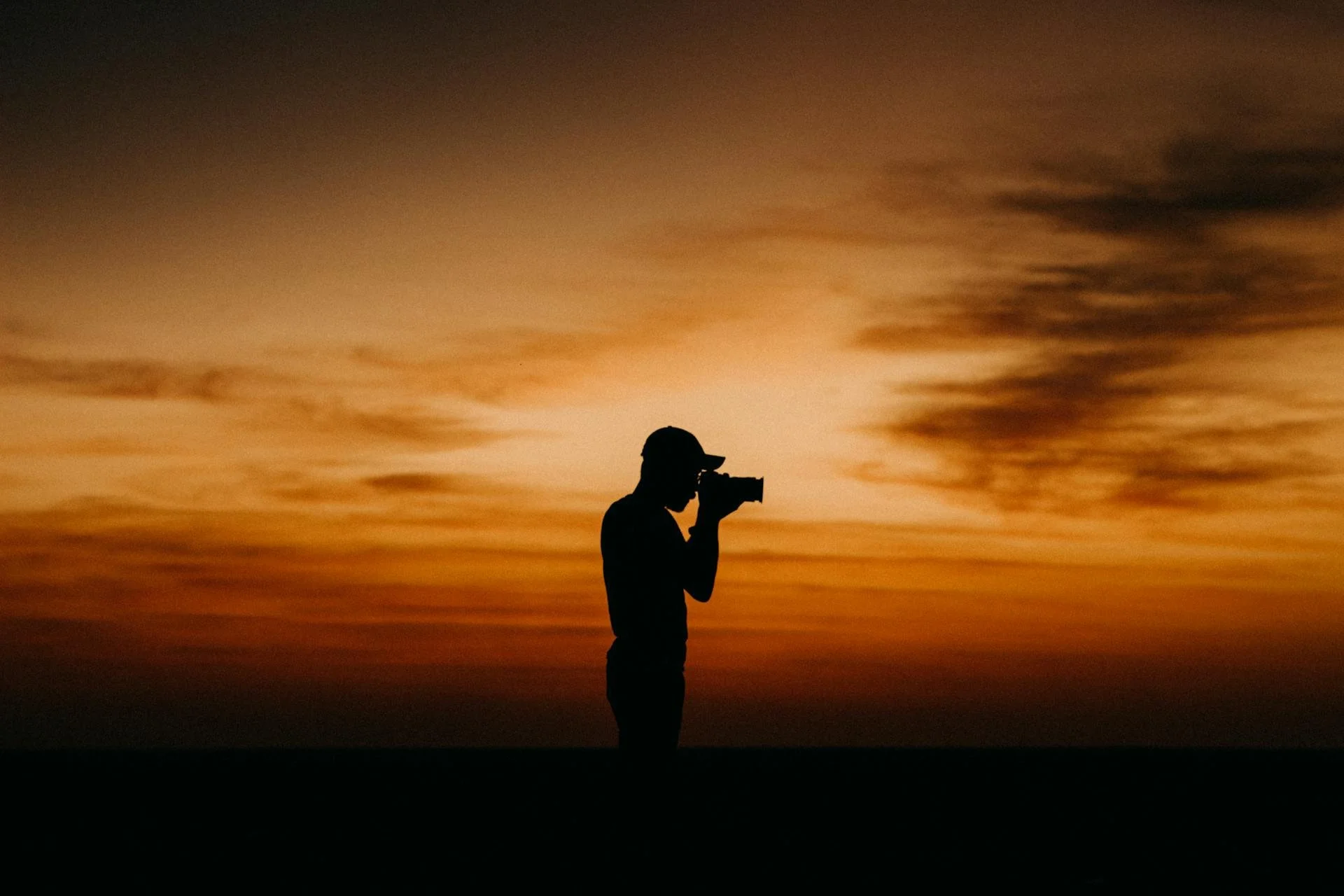
Photo by Daniel Pratt.
Mindfulness meditation has swept the mainstream in the past decade. In practice, photography forces you to concentrate and focus. You cannot worry about the past or concern yourself with the future. Instead you need to focus on the present moment.
Doing this consistently can help remove negative thoughts, replacing them with something positive instead. Consuming photography can have the same impact as well. Remove distraction, and methodically focus your attention on each frame, taking it all in and living in the moment.
It can reduce stress

Photo by Andrea Piacquadio.
Stressful jobs, stressful homes, stressful life. It seems there are infinite pathways to a stressful existence. With that, we must find ways to reduce stress. Photography is great for that because it allows you to be carefree and do something you actually enjoy.
Sure, professional photography can come with stress. But, for our personal work and for the love of it, photography is a wonderful break away from the pressure of being alive.
It gives you a creative voice

Photo by Liza Summer.
Even if nobody sees your photography, knowing you took something from your mind and brought it to reality can boost confidence. This confidence impacts your self esteem which, then, impacts your mental health.
Several studies have shown people who express their creative voice are happier. Picking up your camera and being creative will do wonders for your creative and general confidence.
Encourages physical activity
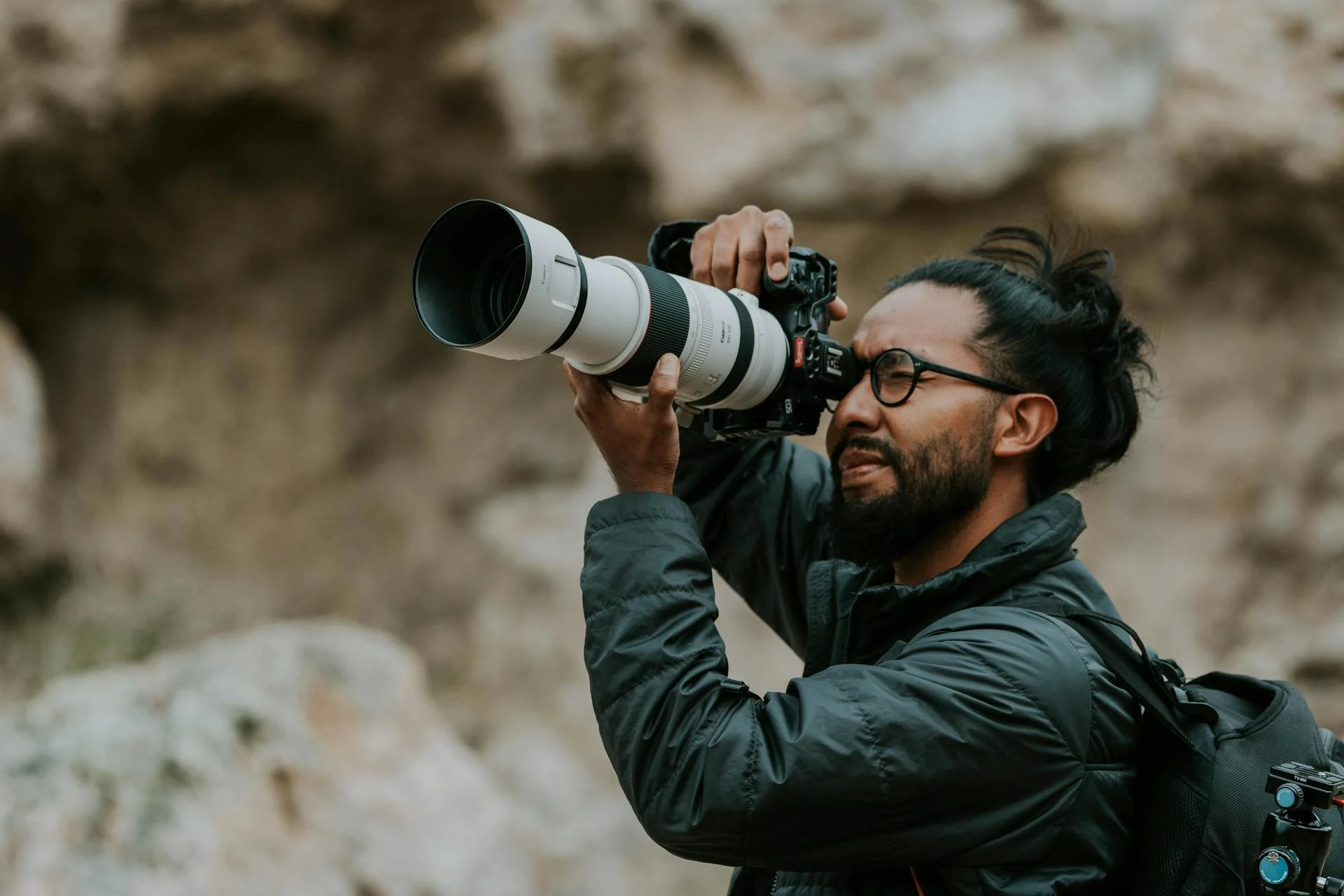
Photo by Amar Preciado.
It doesn’t matter if you’re a travel photographer or working in a home studio, doing photography requires some form of physical activity. As someone who does street photography, the amount of miles I have done on my feet is pretty incredible.
We all know by now physical activity is good for the mind. It releases certain chemicals in the brain known as endorphins. Of course it also keeps our bodies healthy, which is good for the mind too.
The best part about doing photography is it doesn’t feel like exercise. That’s because the brain is focusing on making images, rather than working out. The exercise is secondary, but it still gives you all the benefits you would get from running and other forms of working out.
It gives you social connection
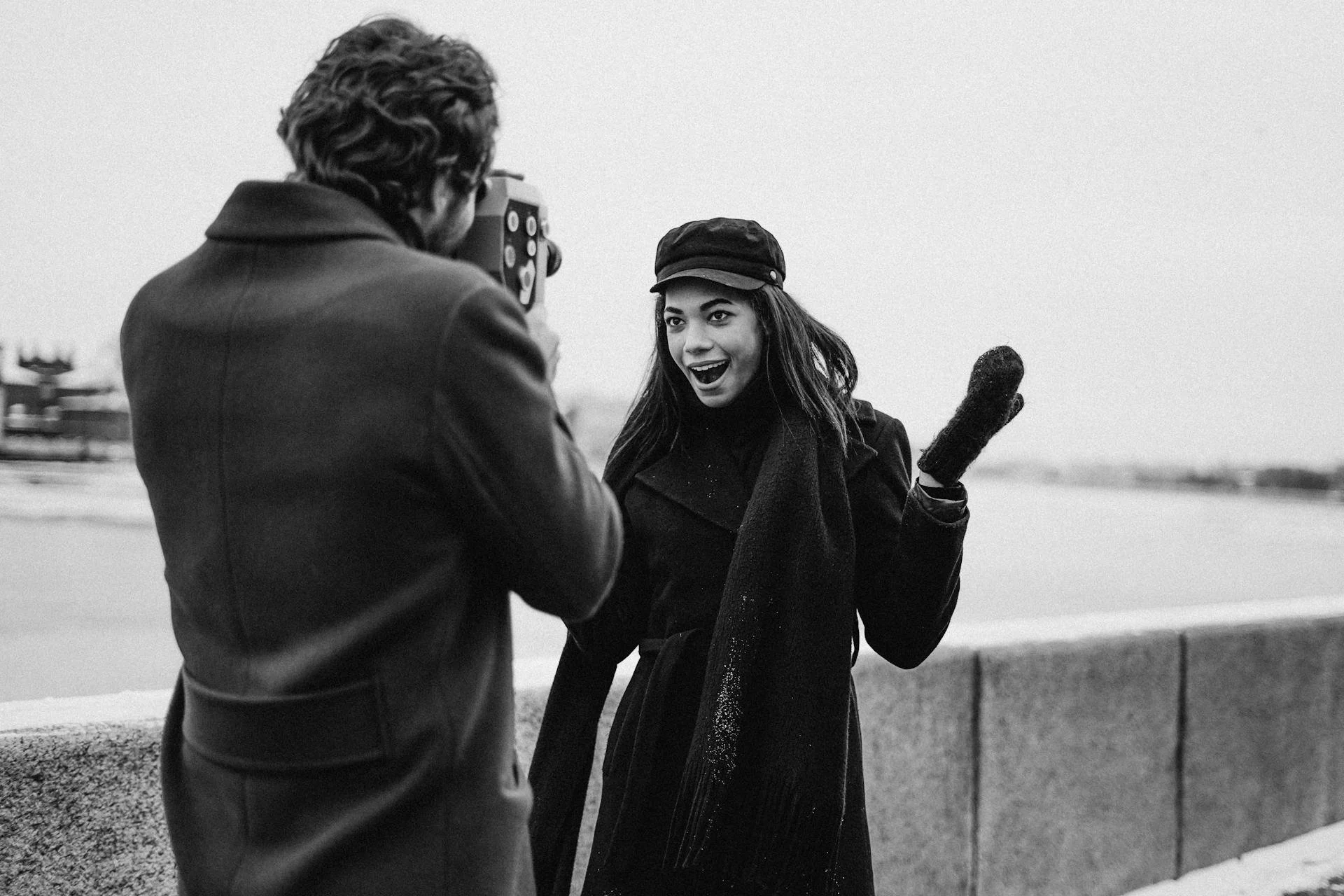
Photo by cottonbro studio.
Humans desire social connection. It’s part of our evolution and highlighted in Maslow’s Hierarchy of Needs – a measurement of what humans need to be happy.
Photography is a source of human connection. For example, a portrait photographer has to connect with so many different people throughout their career. It’s a very intimate process too as you encourage people to be the best versions of themselves.
It’s not just the type of photography you do either. Within any genre you can find communities that meet up and go on photo walks. They often take time to chat after, so you can have a social connection with like minded people. Photography workshops are also useful to meet other photographers.
It gives you purpose

Photo by Charley Pangus.
Many people who are struggling with their mental health often speak about not having a sense of purpose. They’re unsure of who they are and what their role is in the world.
I had a similar experience about 12 years ago. Then, I began to practice photography and all of a sudden, I felt like I had an identity. Photography gave me a reason to get up each day and enjoy life.
It doesn’t matter if you make good photos, if photography is in your heart it can give you so much more in life. Knowing where you belong and what you want to do in your short time here can certainly improve your mental health — don’t overlook photography’s role in that.
Helps reassess the past

Photo by Taryn Elliott.
Ahh, the past. How often do we let it dictate our present? Too often, I say. There are periods of life harder than others and often we can reflect on those times with nothing but a negative outlook.
2023 was the worst year of my life. The images I made during that time made it look like the best. The photographs are not being deceitful. In fact their evidence that as bad as things were, there was a lot good during that year.
Spending time with the images reduces the trauma I have from being severely ill. They give my mind more balance and I can look at that time objectively, and also have challenging and positive emotions.
It helps manage life

Photo by Carly Clarke.
Picking up your camera during the most difficult moments of your life can be a literal life saver. That’s no hyperbole. Let’s say you’re going through a potentially terminal illness. Something like that takes a toll on your mental health.
Sometimes, the best way to deal with it is to document the process. Strangely, focusing on what’s happening can help take your mind off the hardship it’s going through. Photographer Carly Clarke photographed her full journey battling cancer. “When you are facing life or death, you just have to get through it,” said Clarke in her interview with Them Frames.
It doesn’t always need to be extreme circumstances either. Whatever you’re going through, you can use your camera to face it or escape it, whatever works best for your peace of mind.
Signing off
Now you have a better understanding of the relationship between photography and mental health. Remember, this is not medical advice, but I truly believe you can turn to the art form to help manage your mind.
You may not experience all the benefits, and it will differ depending on the person. But, I am certain you will experience some of them and that can sometimes be enough to make your mind happy and healthy.
What are your thoughts on photography and mental health? Can you share your personal story? Let me know in the comments. Thanks for reading.
FAQs
How does photography impact mental health?
Photography helps you be present and mindful. It also can help boost your self esteem and give you purpose. All of these benefits can have a positive impact on your mental health
Are pictures good for mental health?
Consuming photographs can help you experience positive emotions. It can also help you escape the stresses of life. If you consume photographs often, it can be good for your mental health.
Is photography good for anxiety?
Yes. Photography encourages you to be present, and not worry about the past or the future. The benefit to this is that it can reduce anxiety and allow you to have a more pleasant experience in life.
Want your work featured on Them Frames? Pitch us.
